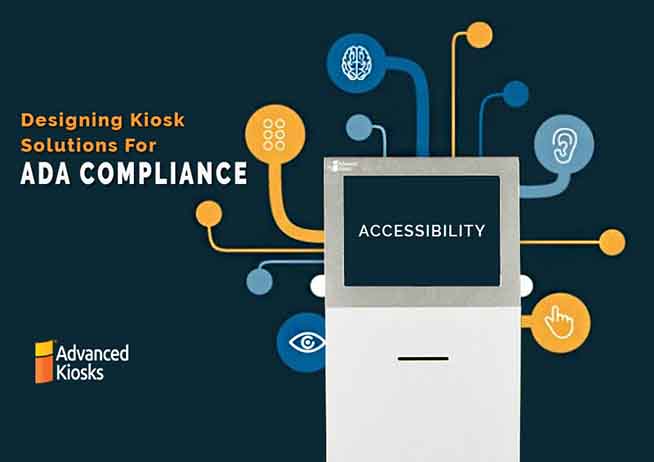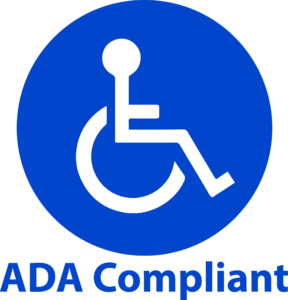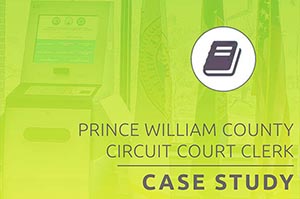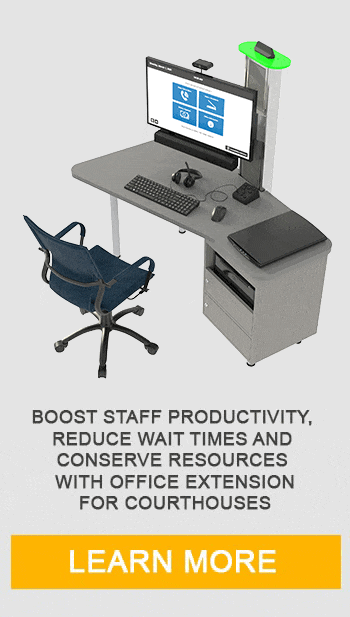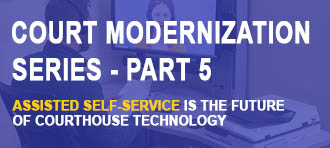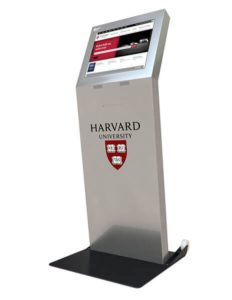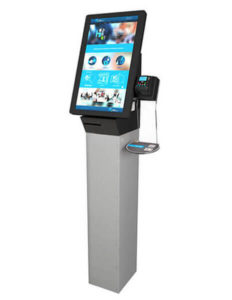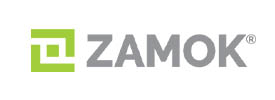Making ADA Compliance A Priority
The Americans with Disabilities Act (ADA) was passed to help eliminate the widespread discrimination against people with disabilities in the United States. But ADA Compliance is about more than just fair housing, hiring and education, it’s also about accessibility.
For the more than 650 million individuals living with disabilities worldwide, there are challenges in everyday living – challenges in doing tasks that others take for granted, such as simply getting candy out of a vending machine or taking money out of an ATM
While the rules were expanded in 2010 to include accessible parking regulations, entrances and service counters, the specifications didn’t cover all the instances and industries in which a disabled person might use a kiosk.
One purpose of ADA compliance is to ensure that, “all electronic and information technology must be accessible to people with disabilities.” It’s not just a suggestion for manufacturers of technology, it’s the law as well.
That’s why Advanced Kiosks created our own set of standards – in conjunction with ADA compliance – that we follow for every kiosk we design. When it comes to accessibility and security, we are at the top of our game delivering self service solutions to meet the needs of all individuals in this ever-changing landscape of interactive technology.
Although most people think ADA was created to assist individuals in wheelchairs, there are other types of disabilities that also benefit from these guidelines such as individuals with vision or hearing impairment.
We believe that if our kiosks are being used as tools for the public, those tools must accessible to everyone. We aim to set a standard not only for ourselves, but for kiosk software developers who may choose to partner with us.
As a leading provider of self-service products for government agencies, we have extensive expertise in engineering ADA compliant kiosks. Every computer kiosk model that we build, comes standard with the features and peripherals for ADA compliance and kiosk software options to further accommodate users both with and without with special needs.
For instance, the VoIP options can be helpful for vision impaired users or interactive kiosks can be outfitted with audio controls that assist the hearing impaired.
ADA-Friendly Hardware Features
Under the ADA, there are several specifications for the dimensions required to accommodate disabled people’s needs. Minimizing obstruction and positioning of the kiosks are instrumental in making them ADA-friendly.
Position of the Kiosk
An interactive kiosk must allow unobstructed wheelchair access both forward and parallel.
Limits of Protruding Objects
A wall mounted interactive kiosk must not to impede the path of the user. This guideline is designed to aid individuals using a cane or who are vision impaired.
Unobstructed Forward Reach
Providing unobstructed forward access for users from a wheelchair requires the kiosk to be a maximum of 48 inches tall and a minimum of 15 inches above the ground.
Obstructed High Forward Reach
When the interactive kiosk has a desk, table or shelf, the guidelines requires the clear floor space to extend beneath the element for a distance that allows unobstructed forward reach of 48 inches.
Unobstructed Side Reach
When a wheelchair user must approach the interactive kiosk from the side and there are no obstructions, the unobstructed forward reach measurements – a minimum of 15 inches from the ground and maximum of 48 inches tall – are required.
Obstructed Side Reach
When a wheelchair user approaches an interactive kiosk from the side and an obstruction exists, the height of the obstruction should be a maximum of 34 inches tall and 24 inches deep. The high side reach must be a maximum of 48 inches and reach a depth of 10 inches maximum. If the reach depth exceeds 10 inches, the high side reach must be maximum of 46 inches.
ADA Friendly Kiosk Software Features
Easy Access Kiosk Handicap Button
Self-service kiosks should have a button on the interface, so the public is aware that it is accessible. These images are usually standardized so the image can be made out even by someone with poor eyesight. Our kiosk software has the button in the lower right corner of the screen for easy visibility and access.
Lower Position on Screen Keyboard
When the interactive kiosk requires the user to input text, our interface is equipped with the capability to display an easy-to-read onscreen keyboard positioned at the bottom of the screen. This places it within easy reach for users with impairments.
Lower Position Kiosk Navigation Bar
A consistent navigation bar at the top of the screen includes a home button, page forward and back, refresh, show keyboard and more, is a feature of our Zamok Kiosk software. We designed the software with the capability to move the navigation bar to the bottom of the screen for easy access for disabled users if necessary.
We pride ourselves on building the most up-to-date, accessible hardware and software available. And as ADA compliance initiatives continue to grow, so will we.
Do you need assistance in selecting options for your interactive kiosk solution, or do you require some custom kiosk development? Contact us today! We are happy to answer your kiosk hardware and software questions and help you get the best possible self-service, ADA-compliant results for all your customers and users.
Written by Tami Brouillette, contributing author

